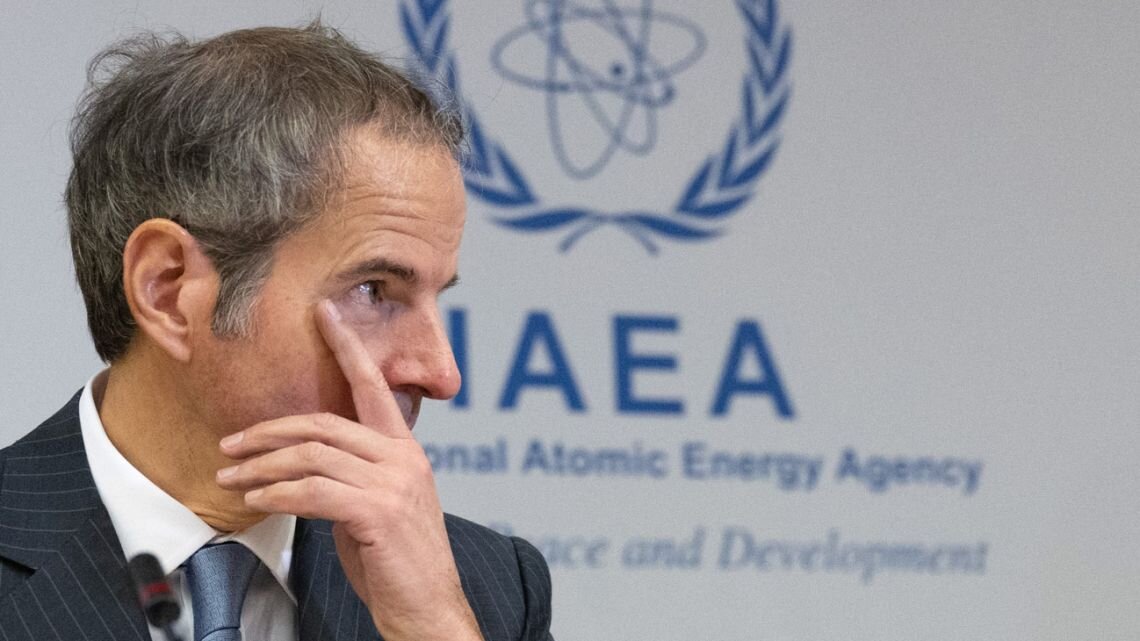Tehran Times exclusive vindicated: IAEA Chief declares UN Secretary-General bid

TEHRAN – Argentine diplomat Rafael Mariano Grossi, director-general of the International Atomic Energy Agency (IAEA), has officially confirmed his intention to run for the post of United Nations secretary-general when António Guterres’ term ends in January 2027.
“I will be a candidate for UN secretary-general,” Grossi, 64, told reporters during a press conference in Washington on Wednesday, noting that he had already discussed the matter with U.S. Secretary of State Marco Rubio.
The leadership of the UN, the world’s highest diplomatic position, carries a five-year mandate with the possibility of re-election. Though no formal procedure exists, contenders typically secure backing from member states, while permanent Security Council members retain veto power over any nominee.
Grossi’s candidacy comes as no surprise. For years, he has been floated as a likely contender. But his bid is not without controversy. Grossi has drawn heavy criticism for politicizing the IAEA and actively enabling Western and Israeli narratives in their joint assault on Iran.
In the days leading up to Israel’s military assault on Iran, an IAEA report citing enrichment levels “higher than those in countries without military nuclear programs” was repeatedly cited by the Israeli regime as a pretext for escalation. Although Grossi later admitted to CNN that the Agency had found no evidence of a “systematic effort” by Iran to build nuclear weapons, this retraction came too late. The report had already fueled a Western-drafted resolution against Iran at the IAEA Board of Governors—laying diplomatic groundwork for the aggression that followed.
The joint Israeli-U.S. war of aggression against Iran began on June 13. The conflict ended less than two weeks later, on June 25, after Iran’s retaliatory missile strikes overwhelmed Israeli defense systems and forced a halt to hostilities.
An April investigation by the Tehran Times shed further light on Grossi’s motivations. According to the report, Grossi’s political maneuvering and repeated anti-Iran remarks were not born of personal conviction alone, but tied directly to promises made by the European Troika—Germany, France, and the UK. According to the report, the E3 have pledged their backing for his UN bid in exchange for his cooperation in demonizing Iran’s nuclear program and helping justify renewed sanctions through the “snapback” mechanism.
The exposé noted that Grossi has consistently overstated Iran’s nuclear capabilities in interviews with Western outlets, at times claiming Tehran could build “six to seven bombs” without offering corroborating evidence. Iranian officials have repeatedly denounced his comments as political, with nuclear chief Mohammad Eslami reminding Grossi last year that his role is technical, not diplomatic.
By aligning himself with the E3, Grossi has allowed the IAEA to become a political tool in the broader Western pressure campaign on Iran. In Tehran’s view, his actions amount to complicity in the war narrative against the Islamic Republic, undermining the neutrality expected of the world’s nuclear watchdog.
